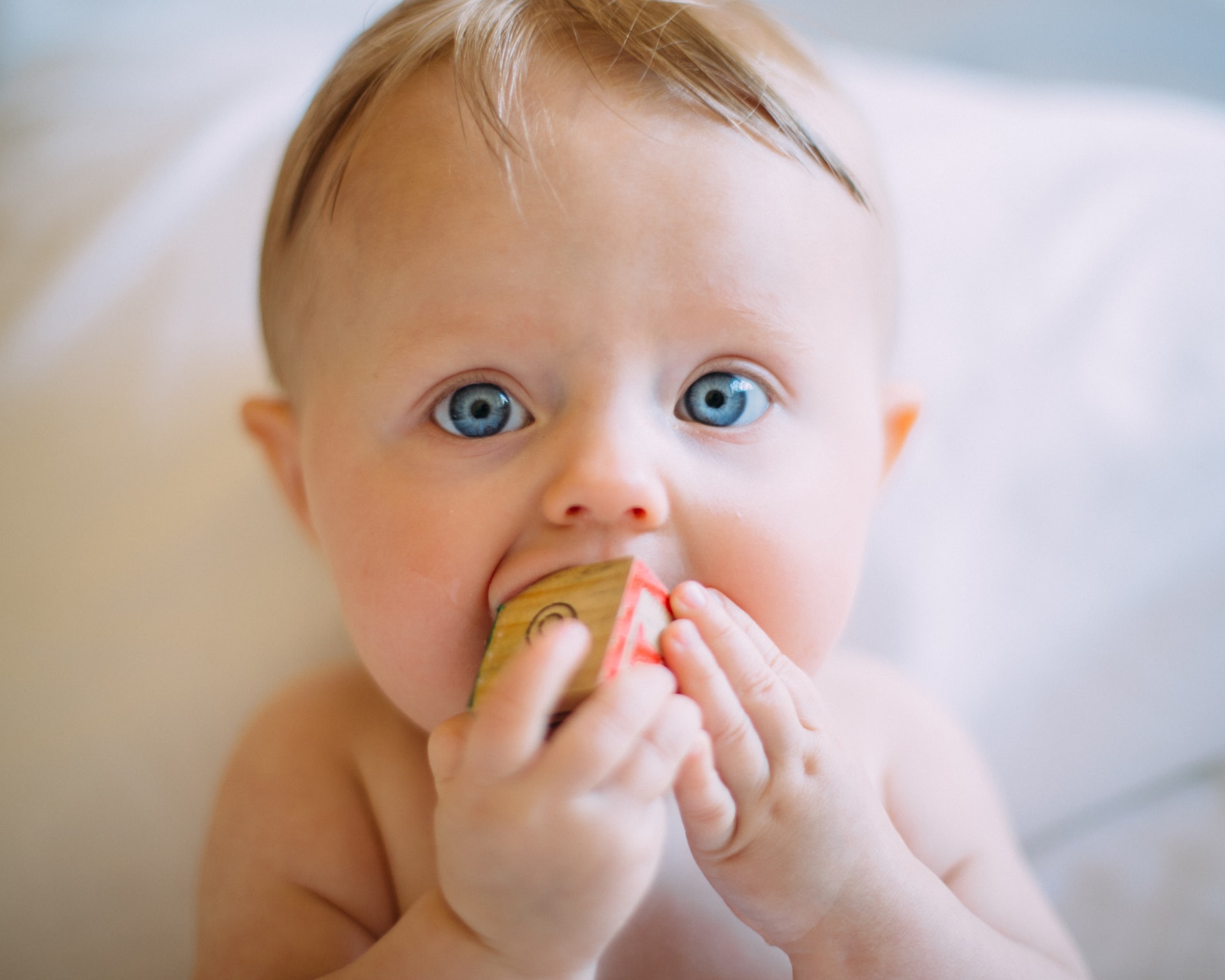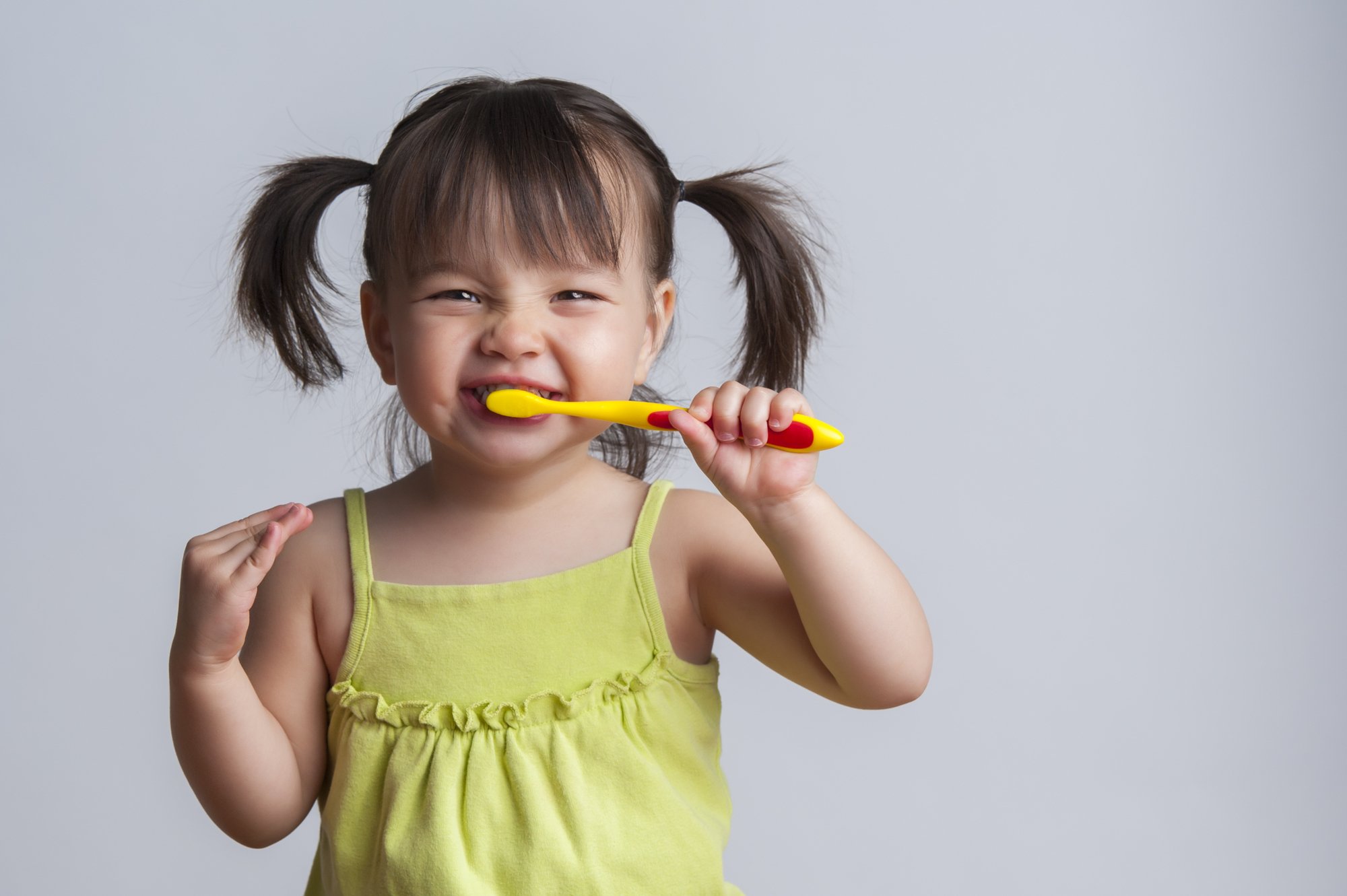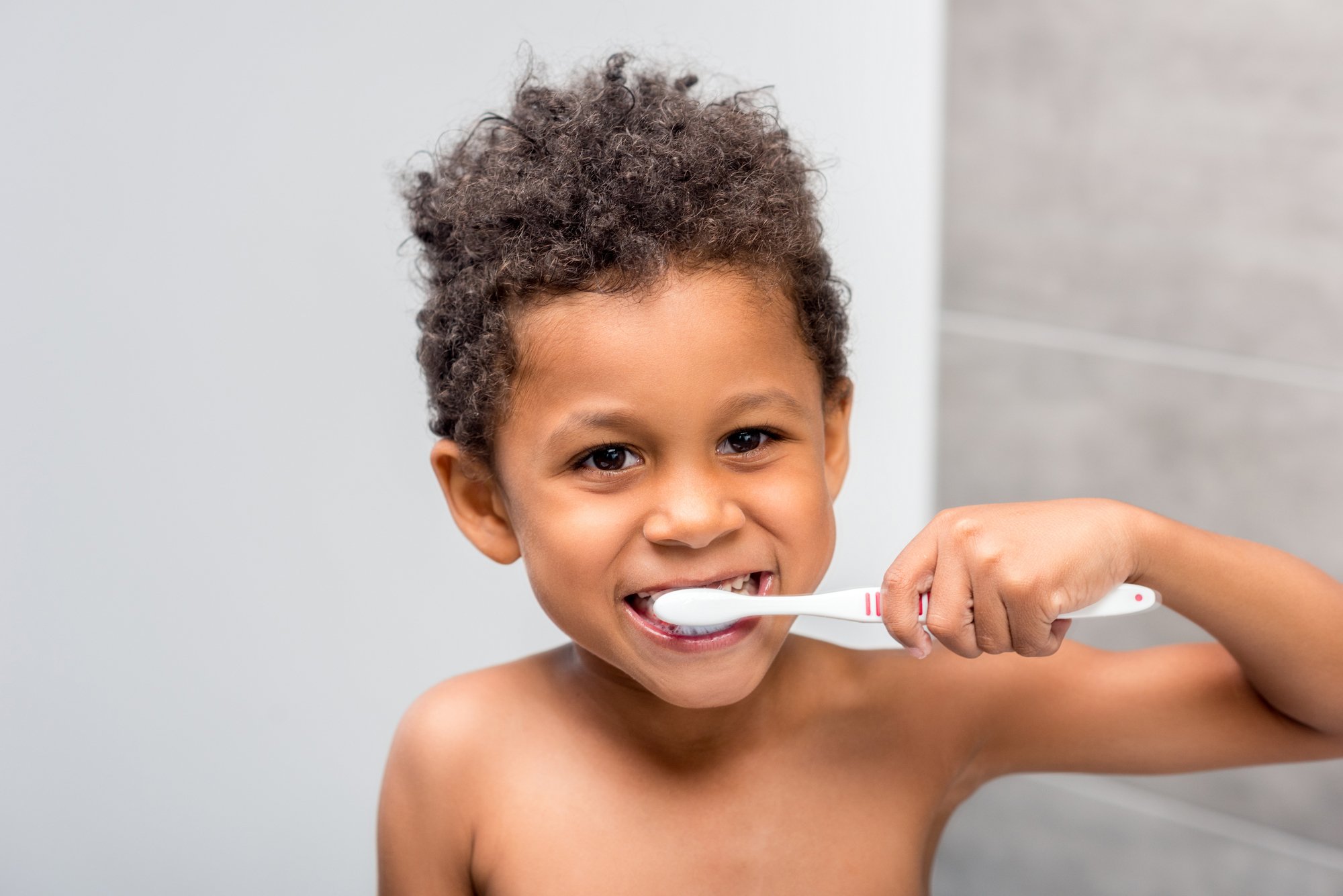
Taking care of your child’s dental health is an important aspect of their overall health and well-being. As a parent, you accomplish this by encouraging good oral hygiene at home and scheduling yearly dental visits. But, there may be some things about children’s dentistry (read more about children’s dentistry here) that you don’t know about.
Is it time for your child’s next dental visit? If so, schedule a children’s dentistry appointment with the team at Magic Smiles Dental and Implant Centre. With two beautiful locations in Woolgoolga and Coffs Harbour, we make pediatric dental care a breeze. Give our team a call today to get started now!
As a parent, it’s important to understand the basics of children’s dentistry to ensure your child receives the best possible care. In this blog post, we share some facts about children’s dentistry that we think every parent should know about.
Kids’ Teeth Differ From Adult Teeth
Children’s teeth are different from adult teeth in several ways. For one, they are smaller and have thinner enamel. This is significant, as thinner enamel means that your child’s teeth are more prone to decay. As a result, preventive dental care is exceptionally important for children.
Children’s teeth also have different shapes and sizes, and they are fewer in quantity, too. This dental eruption chart demonstrates the size, location, and amount of teeth that children typically have. You may notice that children only have 20 baby teeth compared to adults’ 32 permanent teeth.
Children Need to See a Dentist by Their First Birthday
Experts recommend that kids visit a children’s dentistry centre by their first birthday. However, if your child begins cutting their first teeth, then you should schedule a dental visit for them within six months of their first erupted tooth.
Early visits to a children’s dentistry centre allows a dentist to proactively assess your child’s dental health. This is beneficial, as it allows them to provide guidance on how to care for your child’s teeth as they grow.
Baby Teeth Are Very Important
Many parents believe that baby teeth aren’t important because they will eventually fall out. However, baby teeth serve several important functions, including:
- Helping your child chew and speak properly
- Maintaining space for permanent teeth to come in
- Ensuring proper jaw development
Without healthy baby teeth, your child may struggle to thrive.
Fluoride Is a Valuable Children’s Dentistry Treatment
Fluoride is an important mineral that helps prevent tooth decay by strengthening dental enamel. Because children have thinner tooth enamel, it is crucial for children to get enough fluoride. Yearly visits to a children’s dentistry centre are a great way to ensure that your children are getting sufficient fluoride for optimal oral health.
Sealants Protect Growing Smiles
Dental sealants are particularly useful for children, as their molars are more prone to decay and damage than adult teeth.
Similar to fluoride, dental sealants are a great way to protect your little ones’ smiles as they grow. Sealants are a thin coating that a dentist applies to vulnerable teeth (usually the molars) to prevent cavities.
Schedule a Children’s Dentistry Appointment Today
Is it time for your little one to visit a children’s dentistry in New South Wales? Let Magic Smiles Dental & Implant Centre be your one-stop-shop for all of your child’s dental health needs. Conveniently schedule your child’s appointment now by submitting a request online here.












Recent Comments